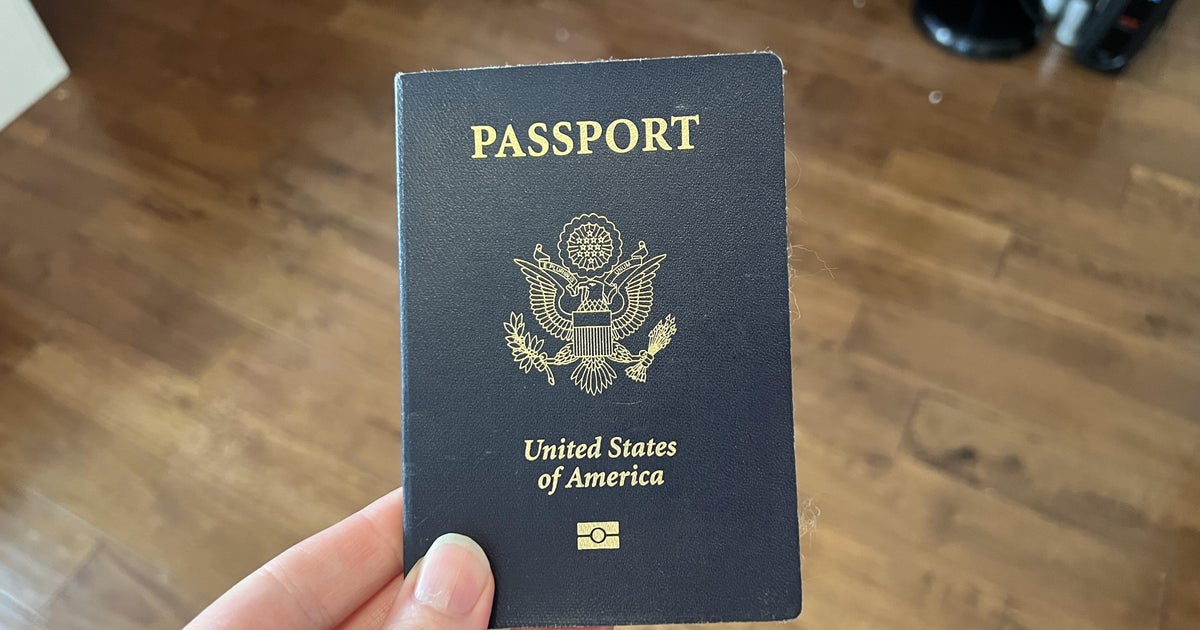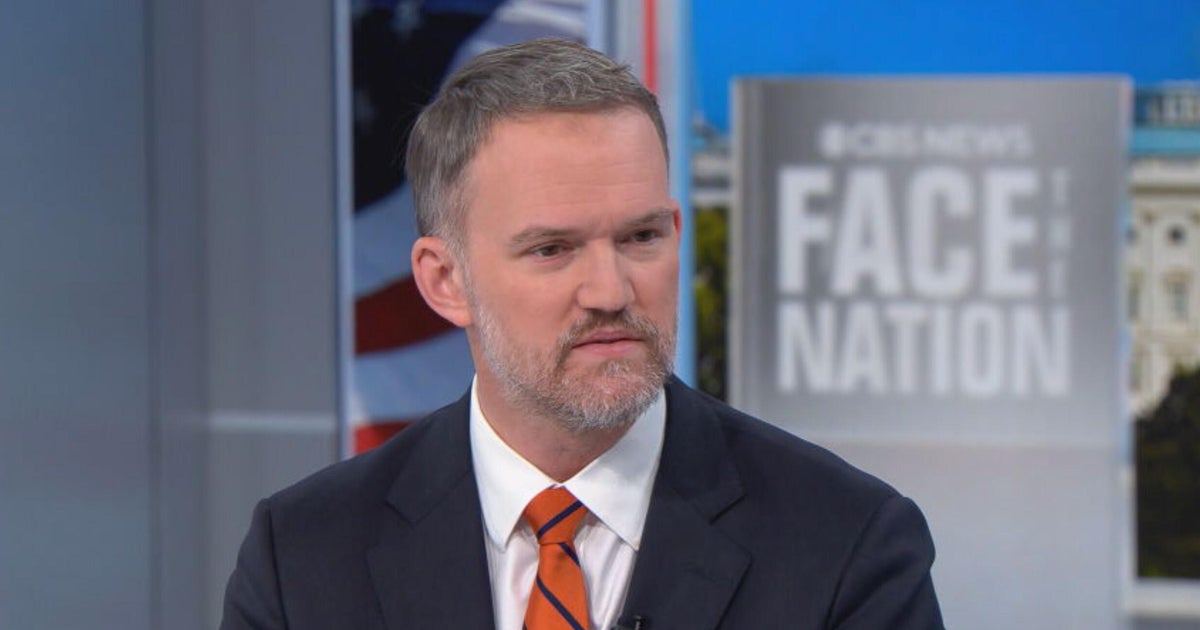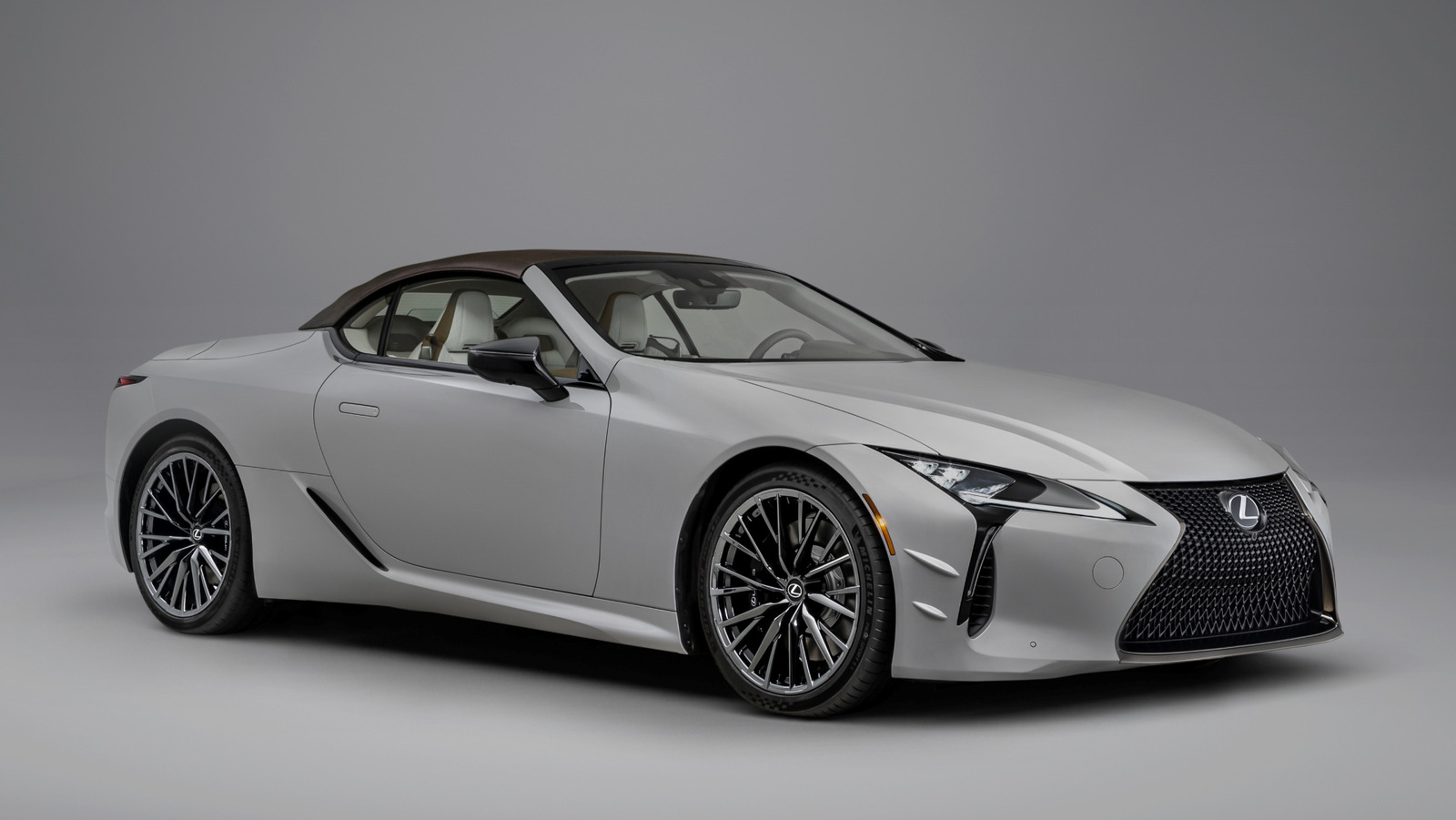T4K3.news
U.S. passport power drops to 10th
The U.S. now ranks 10th in the Henley Passport Index, highlighting shrinking travel access.

The U.S. drops to 10th place in the Henley Passport Index, highlighting changes in global mobility.
U.S. passport ranked 10th in global power list
The United States has fallen to 10th place in the Henley Passport Index, a significant drop reflecting changes in global mobility. The ranking is based on how many destinations holders can enter without a visa, with the U.S. now sharing this position with Iceland and Lithuania. Since 2014, when it topped the list, the U.S. passport has steadily lost its standing, currently allowing visa-free access to 182 destinations. In contrast, Singapore leads with access to 193 countries. Experts cite the trend of more restrictive entry policies by nations like the U.S. and U.K., impacting their global travel power.
Key Takeaways
"Your passport is no longer just a travel document"
Dr. Juerg Steffen emphasizes the evolving role of passports in international relations.
"Nations that proactively negotiate visa waivers continue to rise"
Dr. Christian H. Kaelin points to the importance of active diplomacy for passport power.
This significant decline in the U.S. passport's power could reflect broader geopolitical shifts and changing foreign relations. As the head of Henley & Partners mentioned, a passport now serves not just as a travel document but as a window into a country’s diplomatic strategies. Nations that foster international cooperation through visa waivers and agreements continue to gain ground in global rankings, showcasing the importance of active engagement in international diplomacy.
Highlights
- Your passport reflects your country's diplomatic influence.
- Countries that engage diplomatically will see improved rankings.
- The drop in U.S. passport power signals changing global relations.
- Visa-free access is an earned privilege, not a guarantee.
Potential risks of declining passport power
The decrease in U.S. passport power may lead to diplomatic tensions and a perception of reduced international influence.
The future of passport strength will depend on how nations adapt their diplomatic efforts.
Enjoyed this? Let your friends know!
Related News

U.S. passport ranked 10th globally in latest index

US loses ground in passport strength rankings
US home sales fell in June amid rising prices

U.S. Tariff Strategy Discussed on Face the Nation

Entry-Level Job Skills Shift Due to AI

Edd Straw reveals 2025 Belgian Grand Prix driver rankings

Lexus LC 500 Hybrid Option Dropped

Tesla experiences stock decline after Musk alters growth forecasts
